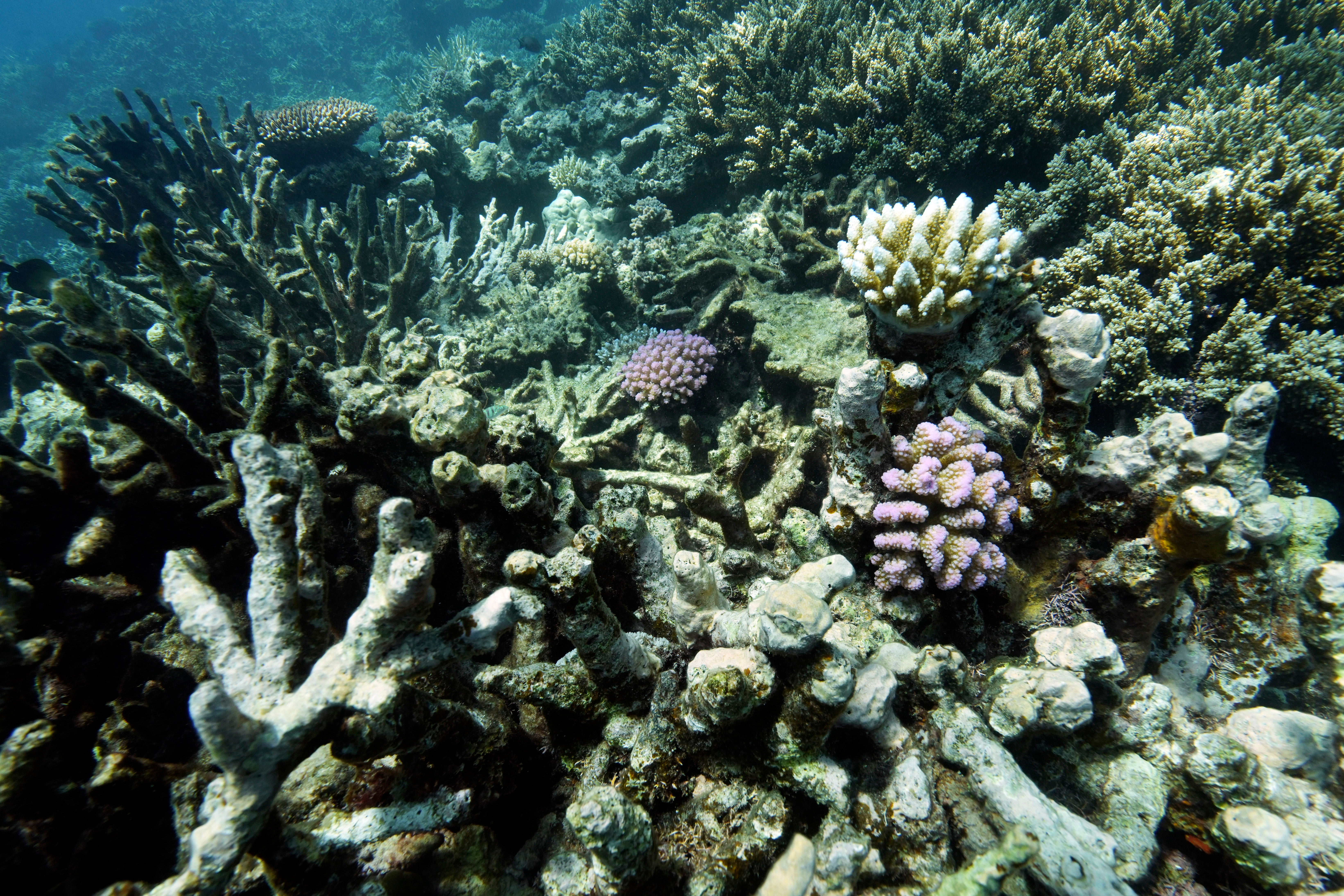Brazil wants 10-year pause on deep sea mining as UN agency under pressure to draft regulations
Brazil is urging a 10-year precautionary pause on deep sea mining in international waters just days after companies and countries were allowed to start applying for provisional licenses

Your support helps us to tell the story
From reproductive rights to climate change to Big Tech, The Independent is on the ground when the story is developing. Whether it's investigating the financials of Elon Musk's pro-Trump PAC or producing our latest documentary, 'The A Word', which shines a light on the American women fighting for reproductive rights, we know how important it is to parse out the facts from the messaging.
At such a critical moment in US history, we need reporters on the ground. Your donation allows us to keep sending journalists to speak to both sides of the story.
The Independent is trusted by Americans across the entire political spectrum. And unlike many other quality news outlets, we choose not to lock Americans out of our reporting and analysis with paywalls. We believe quality journalism should be available to everyone, paid for by those who can afford it.
Your support makes all the difference.Brazil on Friday urged a10-year precautionary pause on deep sea mining in international waters just days after companies and countries were allowed to start applying for provisional licenses.
The call came during a two-week conference held by the International Seabed Authority, a regulatory U.N. agency based in Jamaica that failed to approve a set of rules and regulations to govern deep sea mining by a July 9 deadline.
The agency has not issued any provisional licenses, nor has it received any applications, although the government of Nauru is expected to apply soon for a license via the Canadian-based Metals Co.
The government of the tiny Pacific island said Friday that it wants to diversify its “limited economic base,” but promised it would not sponsor an application during the U.N. conference, which ends July 21.
Nauru noted that its “good-faith decision” does not mean officials are withdrawing their plan to pursue deep sea mining.
“We’re no longer in a ‘what if’ scenario, but ‘what now’?” said Margo Deiye, Nauru’s permanent representative to the International Seabed Authority.
A growing number of countries and companies, including BMW and Volvo, support a moratorium on deep sea mining, warning that extracting precious metals from the deep sea that are used in electric car batteries and other green technology could cause environmental damage.
Brazil’s representative to the International Seabed Authority, Elza Moreira Marcelino de Castro, said the country supports a precautionary pause for at least a decade.
“Priority must be given to the protection of the international seabed until conclusive and comprehensive studies … are available,” she said.
Scientists have warned that deep sea mining could kick up dust storms and cause light and noise pollution, noting that minerals that grow at such depths take millions of years to form. Companies, however, have said that deep sea mining is cheaper and has less of an impact than land mining, while some countries have said it would allow them to grow and diversify their economy.
On Friday, several council members insisted on more scientific studies before any licenses are awarded.
“Exploitation must not commence until it can be guaranteed that there will be no loss to biodiversity,” said Siddharth Shekhar Yadav, Vanuatu’s representative.
The U.N. agency has issued more than 30 exploration licenses, with most of the activity focused in the Clarion-Clipperton Fracture Zone, which covers 1.7 million square miles (4.5 million square kilometers) between Hawaii and Mexico. Exploration is occurring at depths ranging from 13,000 to 19,000 feet (4,000 to 6,000 meters).
The U.N. agency’s 36-member council is working on a proposed framework that would regulate potential deep sea mining, but it’s unclear when it would be ready.
“Exploitation in the area should not be carried out in the absence of rules, regulations and procedures,” Gina Guillén, Costa Rica’s representative, said in a statement that represented the stance of more than a dozen countries.
Australia’s representative said Friday that it was clear draft regulations would not be ready before the conference ends nor by the next meeting scheduled for October and November.